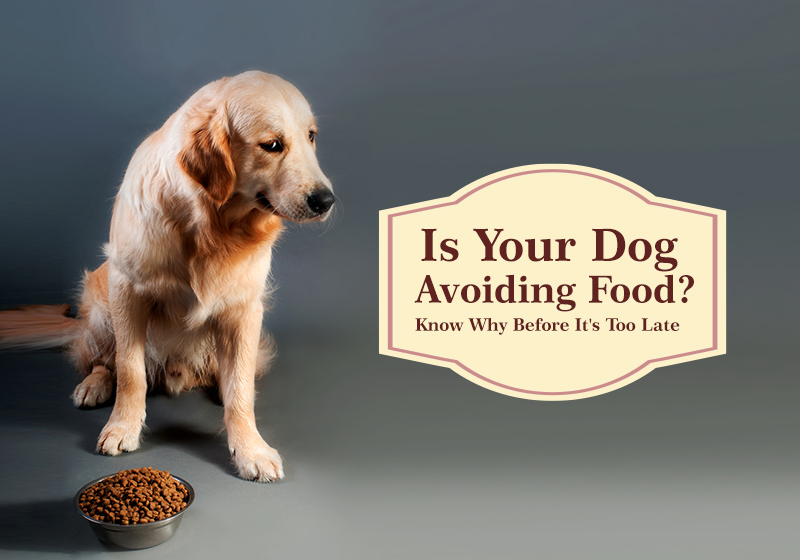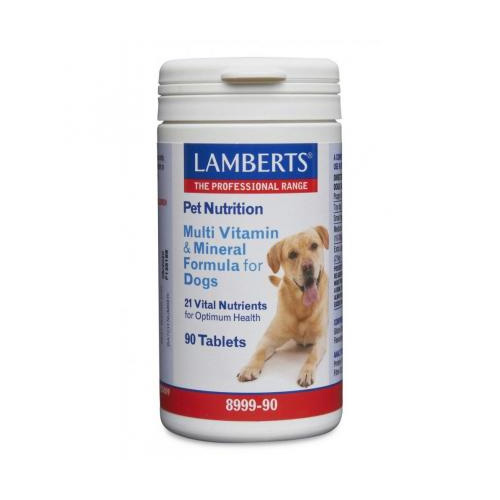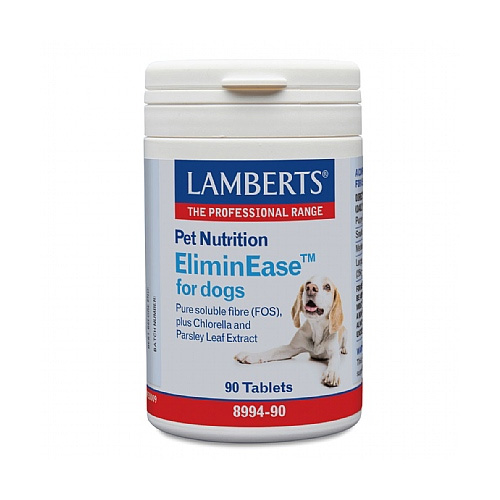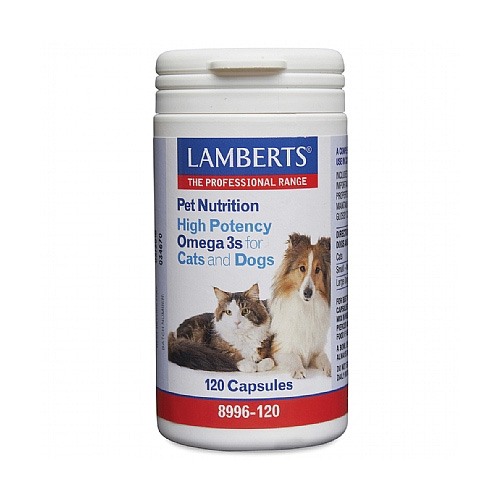
Remember the times when your canine friend used to come rushing towards you barely with the sniff of his favorite beef or chicken, but walks over now when you try to feed their dearest of food. You should not be worried if this goes on for a day or two as dogs can live without food for one or two days with no real behavioral change at all. But if they persistently turn down food, then it’s time to set alarm bells ringing.
This article will address the possible reasons that make our canine friends leave food out of their routine and solutions to overcome such circumstances.
Why your dog won’t eat?
There can be a variety of reasons why your canine companion doesn’t eat. Majorly these reasons are from one of the three following categories:
- Physical Illness
- Emotional sickness
- Food-related issues
Physical Illness
Loss of appetite is more or less common with almost every ailment. Here’s a list of illnesses that cause dogs to run away from food.
- Fever
- Bacterial or viral disease
- Upset tummy
- Intestinal worm infections
- Diarrhea and/or vomiting
- Dental illness
- Liver dysfunction
- Cancer
- Diabetes
- Other critical organ illnesses (heart, kidney, and lungs)
Emotional Sickness
Dogs will not eat if they are not in the best mental state. What is usual for us is not so normal for our canine friends. The smallest of things can cause them stress; such as a change in a routine, a new environment, meeting new people or traveling can turn them anxious and not eat. Dogs easily get stressed with storms, loud noises, and crackers. All of these and other disturbing mental states lead dogs to avoid their food.
Food-related Issues
You may not have any idea, but it could be the food itself that is making your animal run away from it. Be it stale, old, expired, or spoiled food; your dog will not entertain them at all. Feeding the same food for a long period of time can also lead your furry companion to not like it anymore.
Reinstating Canine Appetite
If your dog is consistently avoiding food accompanied by symptoms like diarrhea, vomiting, weight loss, or lethargy, see a veterinarian check if it has anything to do with any underlying illness. If the loss of appetite is due to any major disease, your veterinarian will address it and provide you with an appropriate treatment plan including prescription diets to get the better of the illness.
When your vet rules out the possibility of any underlying illness due to the loss of appetite, here’s a list of ways you can make your pet start having food again.
Rotate the types of food you feed
Keep switching to different kinds of foods. Like wet and dry food; add various tastes and flavors every now and then. While changing and switching, just make sure you don’t upset their stomach.
Mix with human food
Add a small quantity of human food to check if it works. You can try mixing your dog’s favorite eatables with fish, chicken, or beef. Ensure that any of the add-ons don’t contain onions or garlic as these contents are harmful to your four-legged friend.
Warm-up their food
Dogs, preferably like warm food as heated foods smell good and taste comparatively better. Even a sick dog can pick the scent of warm food, may get tempted to have it, and continue to have it as it tastes better.
Alter food brands
Just like to way we get bored with the same type of food; dogs don’t enjoy identical food. Try changing the food brand and see if it works. Buy a sample pack first and go for a larger pack as your dog starts liking the brand.
Feed them by hand
Hand-feeding your animal companion can comfort your dog a great deal if the animal is not feeling well. Your pet might just want to be with you while eating and you never know your caring gesture may encourage your companion to finish the food on its own.
Make the move before mealtime
Take your dog for a slow walk prior to their mealtime or play fetch before their scheduled meal. This can stimulate your pet’s appetite and boost their eating habits.
What not to feed
There are certain items you should avoid feeding your four-legged companion, such as they can have toxic effects on dogs.
- Grapes
- Onions and Garlic
- Caffeine
- Milk and other dairy products
- Avocado
- Sugar
- Chocolate
- Raw eggs and/or raw fish
- Baking powder
Best Supplements To Stimulate Appetite In Dogs
Conclusion
We understand it’s not easy when your canine love is not at its eating best and it takes a lot out of you to get them back on their normal eating habits. It is crucial that you don’t press the panic button too soon. A calmer approach in consultation with a veterinarian will sooner or later get things back on track for sure.



